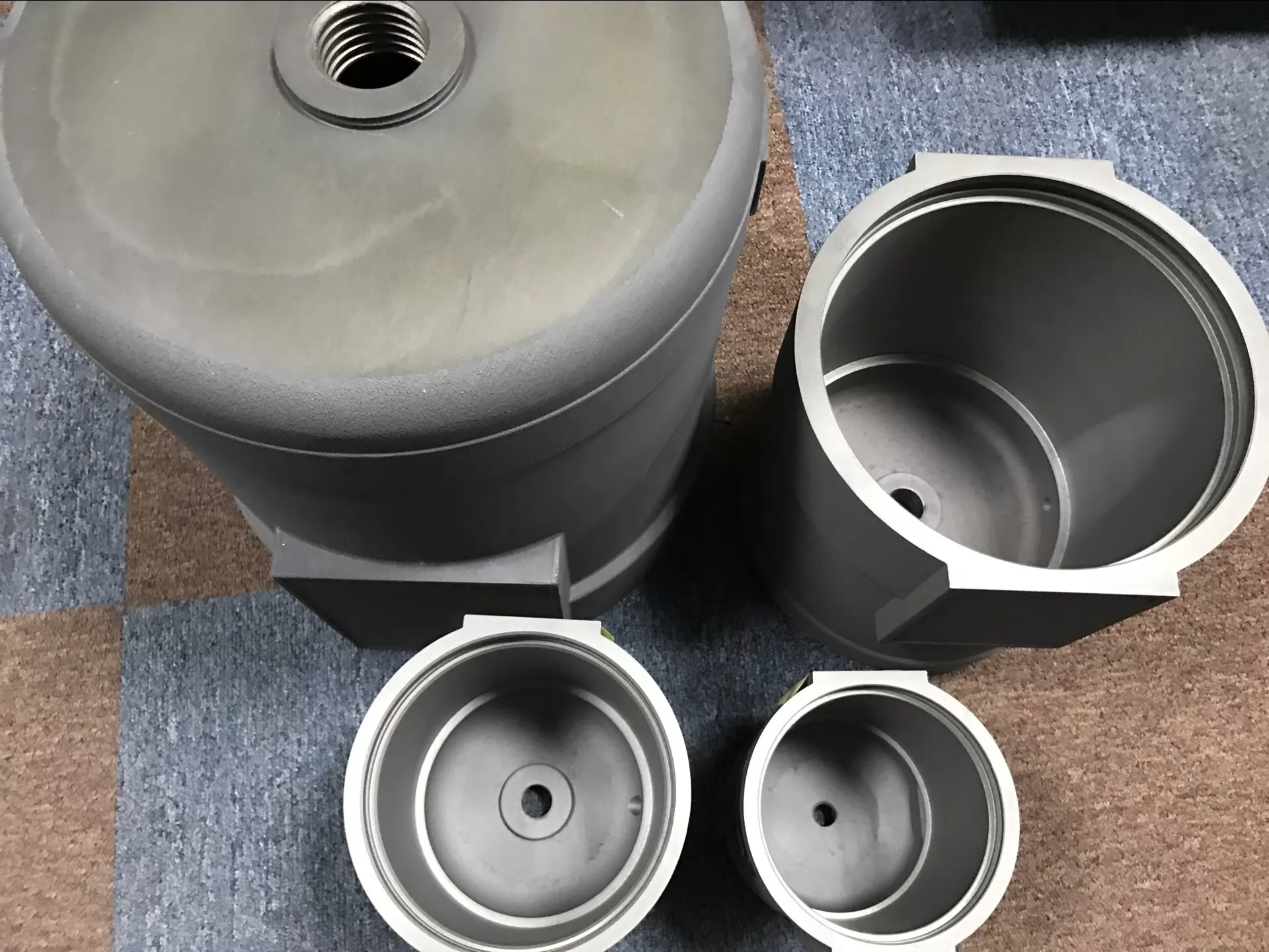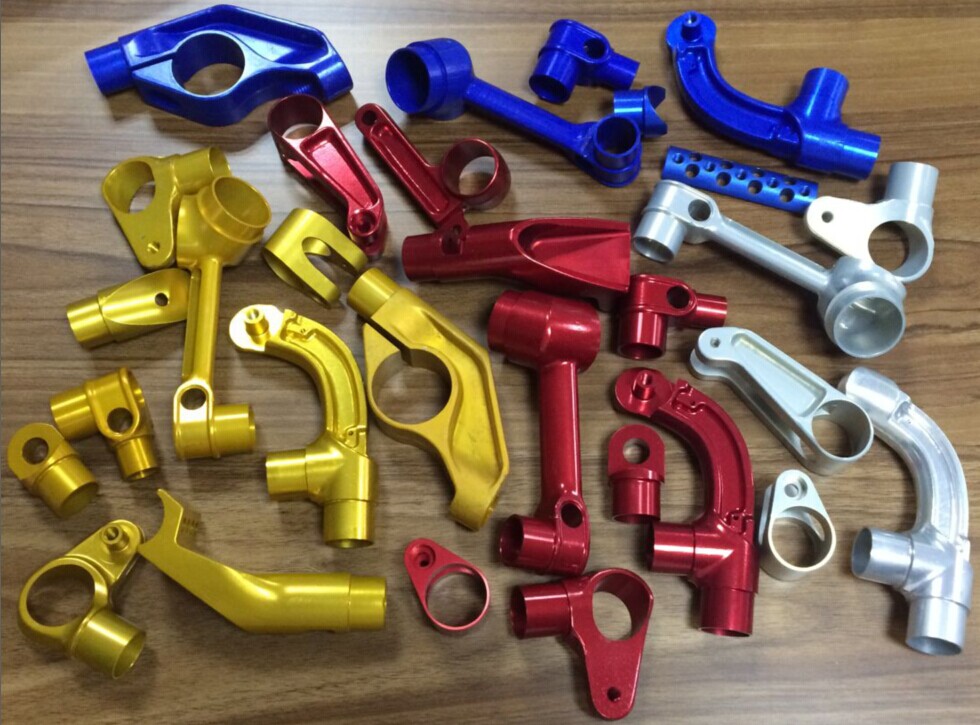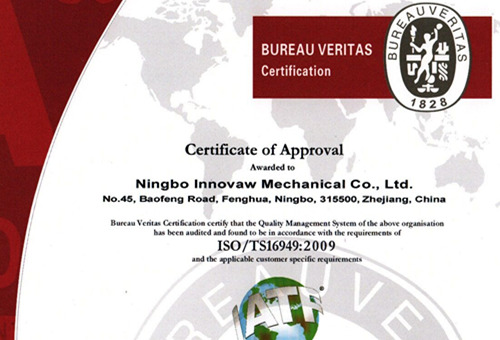Ningbo Innovaw aluminum alloy casting samples qualified, put into mass production.
The sample through the gravity casting process, CNC precision machining, surface hard anodize treatment, high hardness products, anti-corrosion wear and tear, by the customer's appreciation. Thanks to the R&D team to use the wisdom and professional to create value-added service experience for customers.
Gravity casting can also be referred to gravity die casting.Sometimes referred to as Permanent Mould, GDC is a repeatable casting process used for non-ferrous alloy parts, typically aluminium, Zinc and Copper Base alloys.
The process differs from HPDC in that Gravity- rather than high pressure- is used to fill the mould with the liquid alloy.
GDC is suited to medium to high volumes products and typically parts are of a heavier sections than HPDC, but thinner sections than sand casting.
There are three key stages in the process.
1.The heated mould [Die or Tool] is coated with a die release agent. The release agent spray also has a secondary function in that it aids cooling of the mould face after the previous part has been removed from the die.
2.Molten metal is poured into channels in the tool to allow the material to fill all the extremities of the mould cavity. The metal is either hand poured using steel ladles or dosed using mechanical methods. Typically, there is a mould “down sprue” that allows the alloy to enter the mould cavity from the lower part of the die, reducing the formation of turbulence and subsequent porosity and inclusions in the finished part.
3.Once the part has cooled sufficiently, the die is opened, either manually or utilising mechanical methods.
Advantages
●Good dimensional accuracy
●Smoother cast surface finish than sand casting
●Improved mechanical properties compared to sand casting
●Thinner walls can be cast compared to sand casting
●Reverse draft internal pockets and forms can be cast in using preformed sand core inserts
●Steel pins and inserts can be cast in to the part
●Faster production times compared to other processes.
●Once the tolling is proven, the product quality is very repeatable.
●Outsourced Tooling setup costs can be lower than UK sand casting.
Hard anodizing is typically applied to heavy wear industrial parts intended for use in aggressive or highly corrosive applications. These coatings are typically far thicker and harder than decorative ones, and usually lend the parts a durability approaching that of hard faced or case hardened steel.
Hardcoated items usually have a dark gray to a black finish. This can vary depending on the aluminum alloy.
One of the main purposes of hard anodizing is to make the aluminum more resistant to corrosion. The thicker oxidized layer protects the finished part from being exposed to moisture, oxygen, and other factors. Sealed items are even more corrosion resistant.
The outer coating is also extremely hard, typically much harder than the original metal. In many cases, a thick hard anodized coating can be as hard as tool steel.
The oxide layer is part of the metal, it won't peel off and the surface finish will increase.
Hard anodized metals are usually very well insulated they don't conduct heat or electricity well.
This is especially useful for applications that require the part be used at high temperatures.
for more information, pls visit our website: www.idiecasting.com

●Contact us
●Aluminium Gravity Casting







.png)


.png) +86-574-83036520
+86-574-83036520 +86-574-83008051
+86-574-83008051 sales@innovaw.com
sales@innovaw.com

.png)

.png)
.png)
.png)

.png)
.png)
.png)









.png)

